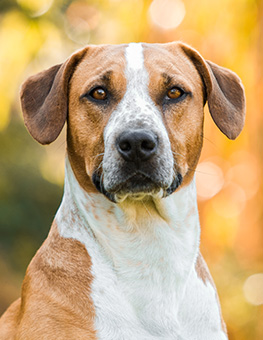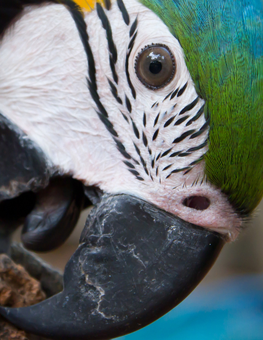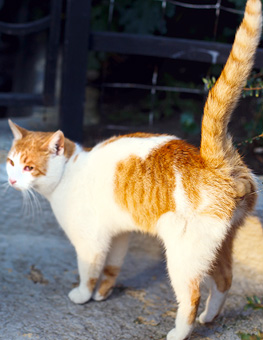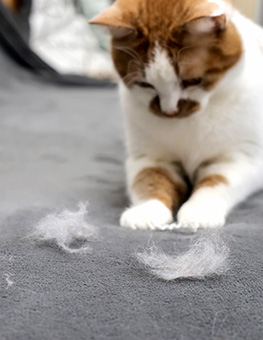Caring for Your Small Animal While You’re Away
Most small animals adapt fairly well to care and feeding by neighbors or relatives.
Leaving a pet at home alone can be stressful for both animal and owner. With most small animals, however, it is more worrisome for the owner than for the pet. Typically, these furry creatures adjust quickly to care from others, but there are a number of things you can do to make your pet feel more comfortable while you are away.
Introduce your pet to the caretaker
To ease the transition of care, it is advisable not to have a stranger care for your pet. Rabbits and guinea pigs recognize different people that associate with your family. An introduction to a new caretaker allows the animal to adjust to another person providing for its basic needs. A few treats are always welcome and generally accepted from this person.
Maintain a routine
Start to establish a minimal care routine a few weeks before you leave for vacation. If guinea pigs look forward to a treat of fruits or vegetables on certain days or times, they can be quite vocal if they do not get their treats. With these animals and other small exotics, it is very important to maintain the same feeding and cleaning routine, since these animals are creatures of habit and do not like sudden changes in their care or environment.
Clarify caretaker/pet interaction
Other than the rabbit or guinea pig, minimal maintenance is required for their feeding and environmental needs. Food and water and a few cage cleaning duties generally suffice. Rabbits and guinea pigs require a little more interaction with people and some time should be spent with them. Food and water, and changing the cage liner are a good time for the caretaker to interact with them. Talking to the animal and offering a favorite treat, such as fruits, vegetables or honey sticks, generally assures the animal all is well.
Feeding/watering
Make sure that the caretaker understands the importance of providing your pet with plenty of clean, fresh water. Show them where you store your pet’s food, and how much food and what time of day they should feed your pet. Having more than enough food on hand to feed your pet is advisable.
Treat rationing
Fresh fruits and vegetables are good for your pet, but only in moderation. Caution your caretaker to give treats sparingly and to avoid overfeeding. Leftovers should be removed in the early evening to avoid food spoiling in the cage. Offering larger amounts of fresh timothy hay or alfalfa also is advisable so the animal always has some foods to munch on during the day or early evening.
Your place or theirs? While the cages of the smaller exotics, hamsters,
gerbils, rats, and even guinea pigs are relatively portable, it is not advisable to move the animal to the caretaker’s home. If the environment is significantly different from your home, this may prove to be stressful to the animal and lead to a variety of problems. Although tempting, it is best if the animal stays in its own home environment.
Maintain a “normal” external environment
There is a tendency to “lock up the house” when going on a vacation, but try to keep your pet’s home environment as stable and routine as possible.
- If the blinds or drapes are open during the day and lights are on in the evening, advise the caretaker to follow a similar routine.
- Check the temperature of the house when you leave. With all pet exotics, it is best to err on the cool rather than the warm side of the temperature range. Temperatures inside glass aquarium enclosures can be 10°F or higher
than room temperature. Rats and rabbits are especially sensitive to high temperatures. In the summer, be sure your air conditioner is working properly if you leave home.
Have an emergency plan
Be sure to provide the caretaker with your contact information as well as the phone number for your veterinarian in case any problems arise. Discuss with your caretaker potential signs of problems or illness that could occur with your
pet and of which they should be aware. For example, diarrhea is always a sign
of impending illness as is sudden changes in eating, activity and/or
playing behavior.









